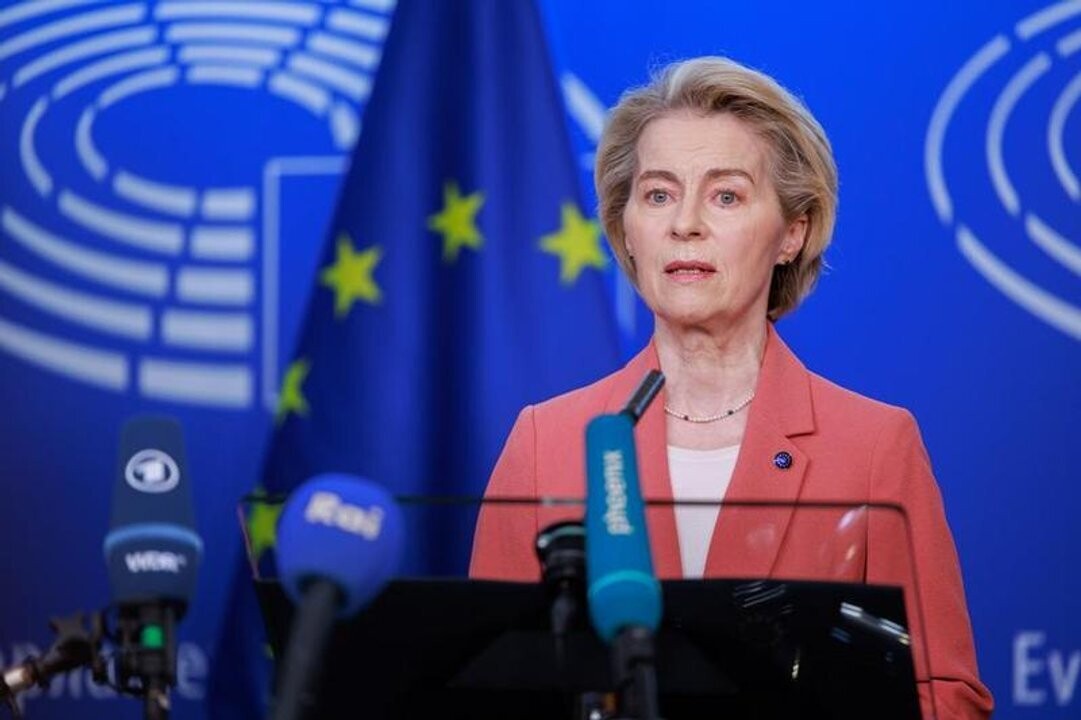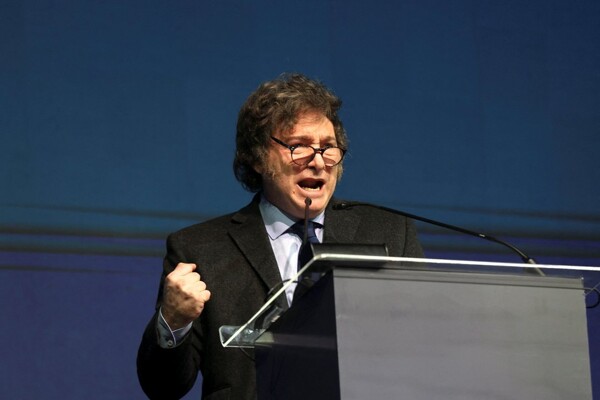
The European Union has expressed its firm commitment to the agreed international standards, stating that they cannot be unilaterally ignored by any member of the World Trade Organization (WTO), including the United States. European Commission President Ursula von der Leyen highlighted the EU's preference for a negotiated solution but stated that the bloc is preparing for all possibilities.
Currently, nearly 70% of EU exports to the United States, valued at 379 billion euros, are affected by the new imposed tariffs, which has led to increased costs for businesses, slowed economic growth, fueled inflation, and contributed to global economic uncertainty.
In light of this situation, the EU could quickly implement additional tariffs if negotiations with Washington fail. The EU intends to bring the dispute before the WTO and, if an agreement is not reached within two months, will request the establishment of a dispute resolution panel to resolve the controversy.
The European Commission has initiated a public consultation on a list of U.S. imports valued at 95 billion euros, warning that it will take retaliatory measures if ongoing negotiations do not yield favorable results. This consultation covers a wide range of products, from food to industrial goods.
The EU is also considering imposing new restrictions on EU exports to the U.S. valued at 4.4 billion euros, which would include steel waste and chemical products. The European bloc is preparing for a possible end to the 90-day tariff truce with the U.S., which will conclude on July 8, potentially leading to an increase in U.S. universal tariffs up to 20%.
Additionally, the EU intends to initiate a dispute before the WTO against the U.S. "reciprocal" tariffs on automobiles and auto parts, claiming that these measures violate the fundamental rules of the international organization.














